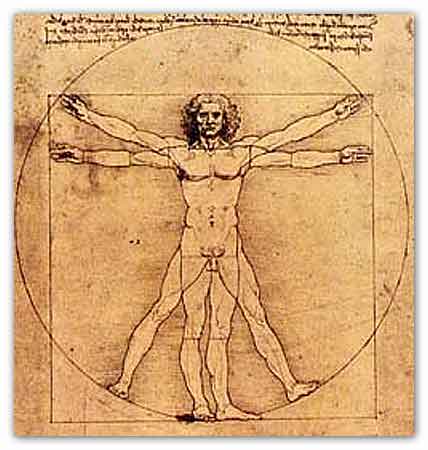|
The immune system has two main branches, innate immunity and adaptive immunity. Innate immunity is a first line of defense that relies on cells and mechanisms that provide non-specific immunity.
The more sophisticated adaptive immunity, which counts antibody-producing B cells as part of its arsenal, is thought to play a major role in the specific response to viral infections in mammals. However, adaptive immune responses require time to become fully
mobilized.

A new study turns the well established theory that antibodies are required for antiviral immunity upside down and reveals that an unexpected partnership between the specific and non-specific divisions of the immune system is critical for fighting some types of viral
infections.
"Mice infected with vesicular stomatitis virus (VSV) can suffer fatal invasion of the central nervous system even when they have a high concentration of anti-VSV antibodies in their system," explains senior study author, Dr. Ulrich H. von Andrian, from Harvard Medical School. "This observation led us to revisit the contribution of adaptive immune responses to survival following VSV infection."
The research team studied VSV infection in mice that had B cells but did not produce antibodies. Unexpectedly, although the B cells themselves were essential, survival after VSV exposure did not require antibodies or other aspects of traditional adaptive immunity."We determined that the B cells produced a chemical needed to maintain innate immune cells called macrophages. The macrophages produced type I interferons, which were required to prevent fatal VSV invasion," says co-author Dr. Matteo Iannacone.
Taken together, the results show that the essential role of B cells against VSV does not require adaptive mechanisms, but is instead directly linked with the innate immune system. "Our findings contradict the current view that antibodies are absolutely required to survive infection with viruses like VSV, and establish an unexpected function for B cells as custodians of macrophages in antiviral immunity," concludes Dr. von Andrian. "It will be important to further dissect the role of antibodies and interferons in immunity against similar viruses that attack the nervous system, such as rabies, West Nile virus, and
Encephalitis."
The research, published online on March 1st in the journal Immunity by Cell Press, may lead to a new understanding of the best way to help protect those exposed to potentially lethal
viruses.
Source
Moseman et al.: "B Cell Maintenance of Subcapsular Sinus Macrophages Protects against a Fatal Viral Infection
Independent of Adaptive Immunity."
Cell Press
(MDN)
|
![]()